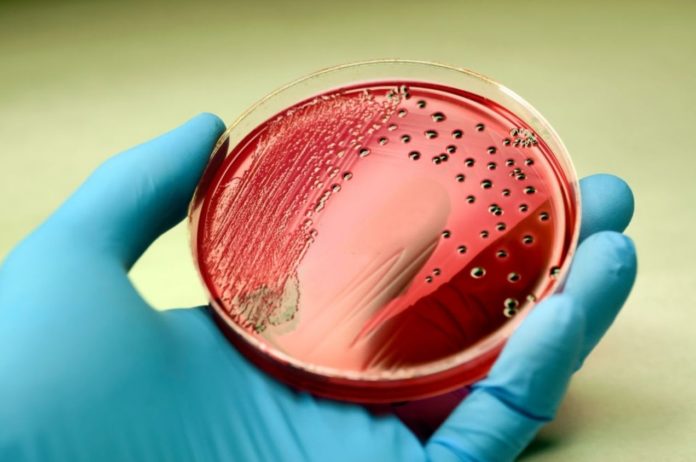Salmonella is bacteria that causes 1.35 million infections, 26,500 hospitalizations, and 420 deaths in the United States every year. Food is the main culprit for most of these illnesses, according to the CDC.
Symptoms usually start appear six hours to six days after infection and last 4 days to one week. However, some people may not show symptoms for several weeks after infection and some may experience symptoms for several weeks.
Children under 5, adults over 65, and people with poor immune systems are at higher risk of hospitalization, per the CDC.
- Does This Mean We Stopped Being Animal and Started Being Human Due to ‘Copy Paste’ Errors?
- The One Lifestyle Choice That Could Reduce Your Heart Disease Risk By More Than 22%
- Aging: This Is What Happens Inside Your Body Right After Exercise
- Immune-Boosting Drink that Mimics Fasting to Reduce Fat – Scientists ‘Were Surprised’ By New Findings
- Gun Violence in America: What They Don’t Talk About at the Debate
Symptoms of Salmonellosis
The CDC warn and urge you to call your doctor right away if you have any of these severe symptoms of Salmonella infection:
- Diarrhea and a fever higher than 39°C or 102°F
- Diarrhea for more than 3 days that is not improving
- Bloody diarrhea
- So much vomiting that you cannot keep liquids down
- Signs of dehydration, such as:
- Not urinating (peeing) much
- Dry mouth and throat
- Feeling dizzy when standing up
How to stay safe from Salmonella germs?
The US agency has also recommended new directives to keep yourself and your beloved safe from Salmonella bacteria.
- Keep your hands clean and wash them regularly
- Don’t kiss or snuggle backyard poultry, and don’t eat or drink around them. This can spread Salmonella germs to your mouth and make you sick.
- Keep your backyard flock and supplies you use to care for them (like feed containers and shoes you wear in the coop) outside of the house. You should also clean the supplies outside the house.
- Don’t let children younger than 5 years touch chicks, ducklings, or other backyard poultry. Young children are more likely to get sick from germs like Salmonella.
- Collect eggs often. Eggs that sit in the nest can become dirty or break.
- Throw away cracked eggs. Germs on the shell can more easily enter the egg though a cracked shell.
- Rub off dirt on eggs with fine sandpaper, a brush, or a cloth. Don’t wash them because colder water can pull germs into the egg.
- Refrigerate eggs to keep them fresh and slow the growth of germs.
- Cook eggs until both the yolk and white are firm, and cook egg dishes to an internal temperature of 160°F to kill all germs.
- Does This Mean We Stopped Being Animal and Started Being Human Due to ‘Copy Paste’ Errors?
- The One Lifestyle Choice That Could Reduce Your Heart Disease Risk By More Than 22%
- Aging: This Is What Happens Inside Your Body Right After Exercise
- Immune-Boosting Drink that Mimics Fasting to Reduce Fat – Scientists ‘Were Surprised’ By New Findings
- Gun Violence in America: What They Don’t Talk About at the Debate
Image Credit: Getty
